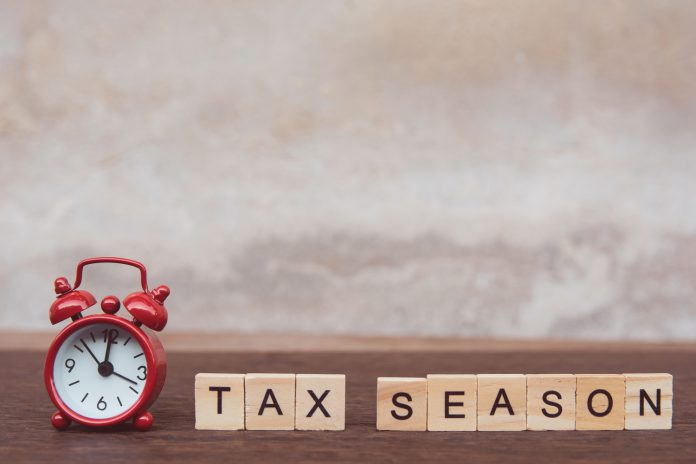With the impending arrival of tax season, it is imperative to prepare adequately for the financial tasks that lie ahead—this article endeavors to provide readers with a comprehensive guide to navigating tax season effectively. From the meticulous organization of financial documents to the strategic planning of tax obligations, the insights offered herein are intended to equip individuals with the knowledge and tools necessary to approach tax season confidently and efficiently.
So, let us embark on this journey together, arming ourselves with the requisite understanding and strategies to tackle tax season with poise and success.
- Organize Your Financial Documents: The foundation of a successful tax season lies in organization. Begin by gathering all necessary financial documents, including W-2 forms, 1099s, receipts for deductible expenses, and investment statements. Utilize digital tools like scanning apps or cloud storage to keep these documents secure and easily accessible.
- Review Tax Deductions and Credits: Take advantage of available tax deductions and credits to minimize tax liability. Common deductions include mortgage interest, charitable contributions, and medical expenses. Additionally, explore tax credits such as the Earned Income Tax Credit (EITC) or Child Tax Credit, which can directly reduce the amount of taxes owed.
- Contribute to Retirement Accounts: Maximize contributions to retirement accounts such as 401(k)s, IRAs, or Roth IRAs. Not only do these contributions lower your taxable income for the current year, but they also help secure your financial future. Consider leveraging catch-up contributions if you’re over 50 to further boost your retirement savings.
- Understand Tax Filing Options: Evaluate the most suitable tax filing option based on your financial situation. While many individuals opt for self-filing using tax software, others may benefit from professional assistance, especially if their finances are complex or if they own a business. Compare the costs and benefits of each approach to make an informed decision.
- Take Advantage of Tax-Advantaged Accounts: Explore tax-advantaged accounts beyond retirement savings, such as Health Savings Accounts (HSAs) or Flexible Spending Accounts (FSAs). Contributions to these accounts are typically tax-deductible, and funds can be used to cover qualifying medical expenses, offering additional savings opportunities.
- Plan for Tax Refunds Wisely: If you anticipate a tax refund, develop a plan for its utilization. While it may be tempting to splurge on discretionary expenses, consider allocating the refund towards debt repayment, emergency savings, or investment opportunities. Strategically utilizing your tax refund can contribute to long-term financial stability.
- Stay Informed About Tax Law Changes: Keep abreast of any changes to tax laws and regulations that may impact your financial situation. Changes in tax brackets, deduction limits, or eligibility criteria for credits can affect your tax liability and financial planning strategies.
- Avoid Procrastination: Procrastination can lead to unnecessary stress and potential financial penalties. Begin gathering tax documents early, and aim to file your taxes well before the deadline. Early filing not only provides peace of mind but also allows sufficient time to address any unexpected issues that may arise.
- Consider Tax-Loss Harvesting: For investors, tax-loss harvesting can be a valuable strategy to offset capital gains and minimize taxes. This involves selling investments that have incurred losses to offset gains realized elsewhere in your portfolio.
- Review Withholdings and Adjust as Needed: Regularly review your withholding allowances to ensure they align with your current financial situation. Adjustments may be necessary due to life changes such as marriage, divorce, or changes in employment. Optimizing withholdings can prevent overpaying or underpaying taxes throughout the year.
In conclusion, successfully navigating tax season demands more than just filling out forms—it requires proactive financial planning and strategic decision-making. By implementing the personal finance tips outlined in this article, individuals can optimize their tax outcomes, maximize savings opportunities, and ultimately achieve greater financial well-being. From staying organized and informed to making wise investment decisions, each step contributes to a smoother tax season and sets the stage for long-term financial success. Remember, the key lies in taking control of your finances, staying proactive, and leveraging every opportunity to secure your financial future. With careful planning and diligence, tax season can be transformed from a source of stress into a springboard for financial empowerment.




